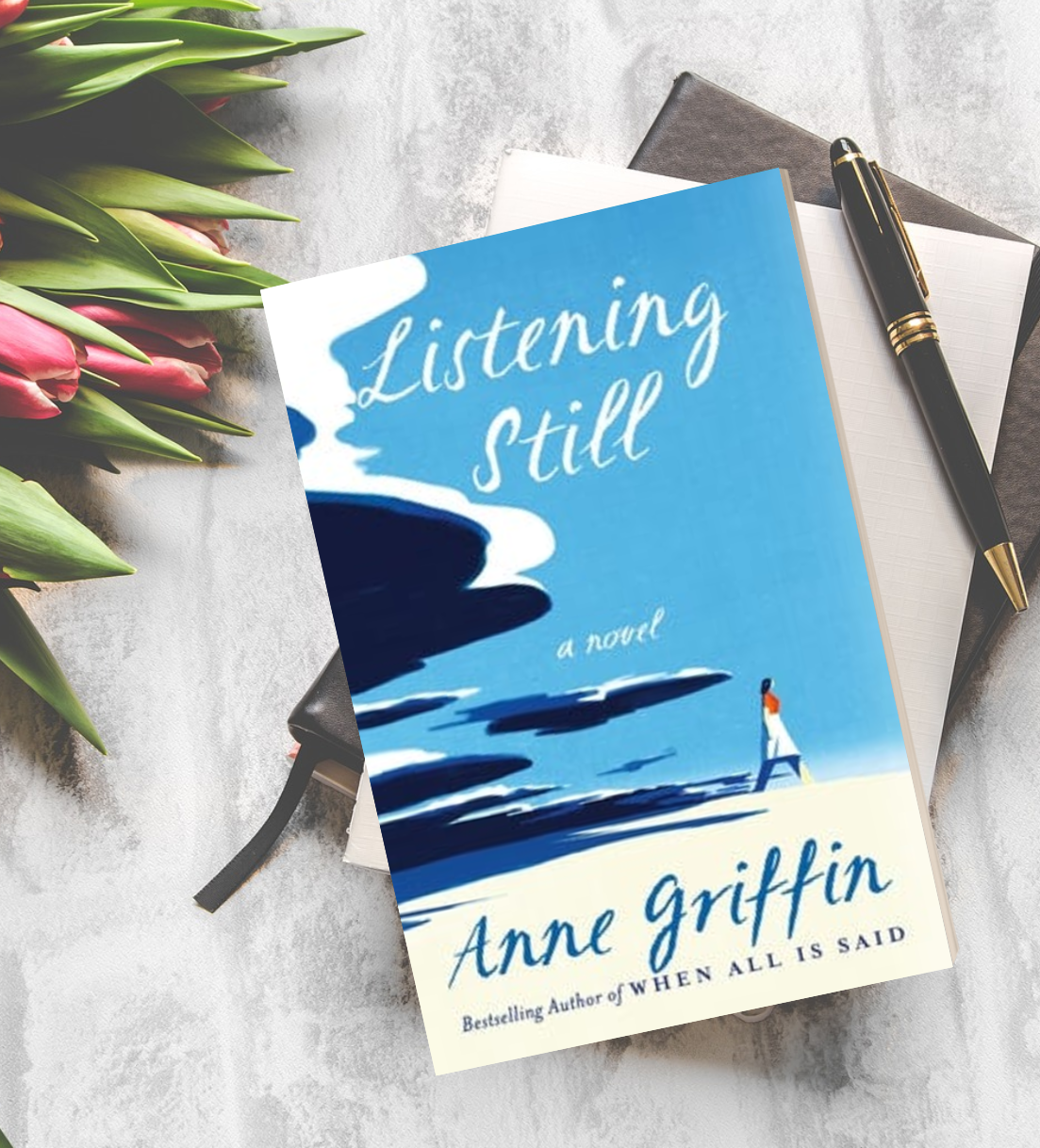“This is not a novel about power – but private life – above all, love. But it is set amidst the Stalinist Kremlin elite and that means that the familiar dilemmas of family life, the prizes and perils of children, adultery and career, have higher stakes than if the story were set in Hampstead.
My aim is to make the atmosphere as authentic as I can, but the joy of this is that it is fiction. For anyone interested in the plausibility of the plot or its inspirations, the novel is very roughly inspired by several true stories. (Facts and Fiction, by the author)
One Night in Winter is situated in the timeframe immediately following the end of WWII and opens with a lengthy cast of characters, with *’s next to the names of actual people (such as Stalin) and their role in Stalin’s government. I was therefore glad to have picked this up in the hardcopy version (rather than e-book or audiobook) as it allowed me check back and reference the names, connect the daughters and sons to their parents and the role and/or importance the parents played in Stalin’s government.
These sons and daughters attend Josef Stalin Commune School 801 and live with their parents in the House of Soviets, that is, all but one – Andrei Kurbsky. Andrei’s father was banished as being an “Enemy of the People” therefore giving Andrei a “tainted file” yet, somehow he is still accepted into the School 801. Within the first few days of attending this school, Andrei becomes caught up with this group of kids as well as the beautiful and slightly mysterious Serafima. Some of these kids have formed a secret club based upon their inspiration, Pushkin, his poetry and his novel written in verse, Eugene Onegin. Their teacher, Mr. Golden, also fuels this enchantment through his passionate teaching of Pushkin’s poetry. The club is called The Fatal Romantics and is a secret society formed and ruled by Nikolasha Blagov. In the meetings of this secret society they mimic the duel portrayed in Eugene Onegin. Fake pistols are used every time and the two acting out the duel between Pushkin and Onegin change at every meeting. (Reminded me a great deal of the Dead Poet’s Society.)
“We live for love and romance. If we cannot live with love, we choose death. This is why we conduct our secret rites; this is why we play the Game.”
LOVE OR DEATH! WITHOUT LOVE, LET US DIE YOUNG.”
In the time before the war, this could be considered dangerous talk and may mean banishment from the Soviet Union, something that Andrei knows all too well about, andwith trepidation, continues his involvement with The Fatal Romantics.
“Andrei had dreamed of wearing the Komsomol badge. The cleansing of his tainted past would mean that he could join the Party and follow his heart into academia or the diplomatic corps. His mother had warned him; now Dr. Rimm was doing the same thing. The antics of the Fatal Romantics could ruin his rehabilitation. But as Andrei hurried towards his next lesson, he sensed it was already too late.” (pg. 54)
Nikolasha’s inspiration for The Fatal Romantics stems from his obsession with Serafima Romashkina, the daughter of the famous actress (mother) and producer (father). However, Serafima is conspicuously absent for every meeting, but is aware of their intent to play “the Game” at Stalin’s Victory Parade. Her persistent dismissal of the group’s meetings causes much frustration for Nikolasha, as well as another student named Rosa Shako, for she is deeply in love with Nikolasha. (The first chapter is from Serafima’s perspective and she notes she will be meeting with her secret lover following the Victory Parade and “the Game”.)
The day of the Victory Parade arrives, the crowds are intense, and the group meets at their planned location to play the Game. Unfortunately, the game goes awry and in the confusion amongst the crowds of people, the two kids chosen to play out the duel end up dead – the pistols were loaded with real bullets this time. All of this occurs in Part One of the book. (!!) The two kids killed are named, leaving me to then question what the remaining 300+ pages plus four more parts would now hold? What could possibly happen to sustain my interest for what would be the largest sections or the greatest number of pages left in the book? This whole set up for the Fatal Romantics seemed significant but now it is over? What could possibly happen now? Well…be rest assured dear reader because those remaining 300+ pages had me racing through them, turning page after page and staying up well past my bedtime to reach its conclusion.
In the days following the death of the two teens, the story behind their death emerges and catches the interest of some higher ups within the police force and in Stalin’s government. Were The Fatal Romantics a group formed for something more sinister and political? Was their true intent actually a plot to overthrow Stalin? Here, the next parts start to deal with the round up, imprisonment and brutal interrogation tactics used on the kids involved in The Fatal Romantics club and even included their younger siblings. The scrutiny, torture and interrogation these kids underwent was not only brutal, but incredibly engrossing to read for it demonstrated the fear for all living under a Stalin-ruled Soviet Union.
One Night in Winter then shifts to reveal the private lives of some of the parents of those children being held for questioning. Two of the parents are involved in an affair with one another, and at this time the secret lover Serafima mentions in the opening is revealed as well. Here, and what makes for even greater reading goodness, is the how deft and far reaching Stalin’s knowledge of everything that went on around him is discovered and used against those under him, all in his need and obsession for maintaining absolute power. How these affairs are silently and unknowingly used against them and in particular, to banish Serafima and Daria Dorova (Stalin’s doctor and health minister) to parts unknown for many years is intricately and magnificently written into the story.
Those sections on the love affairs seemed to be where Andrei’s part in this story falls away in importance and I wasn’t sure why he was made such a significant character in the beginning. However, he does come back to us in the end and how he fits back into the story makes for even more excellent storytelling. I have to say that yes, I truly enjoyed this one! My eyes were glued to the pages and those pages readily turned one after the other. I was also left thinking, thinking, thinking of these people for days after I closed those pages. 4.5 stars. Bravo Mr. Montefiore!





Leave A Reply